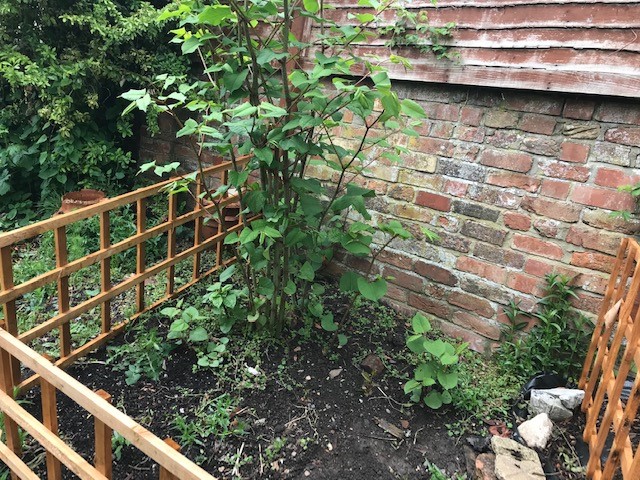
Please note: this blog post is regularly update to reflect the most recent Japanese knotweed guidance
When Japanese knotweed was first introduced into the UK, it was used as an exciting and exotic ornamental plant. As knotweed spread and people began to realise the potential damage it could do, attitudes towards the plant began to change, with knotweed eventually finding itself criminalised in the Wildlife and Countryside Act of 1981.
Our understanding of Japanese knotweed as a plant is constantly changing and evolving, which is why the official guidance for dealing with knotweed is also regularly updated too. The most recent update from the Royal Institution of Chartered Surveyors (RICS) was published on Wednesday 23rd March 2022, regarding Japanese knotweed and residential properties.
The Property Care Association has also published updated guidance for professional valuers and surveyors in light of the new RICS Japanese knotweed guidance.
What is the most recent Japanese knotweed guidance from RICS?
You can view the most current knotweed Guidance Note in full on the RICS website, but the key takeaway is that Japanese knotweed isn't as severe a problem as it has been made out to be in the past.
The most recent Guidance Note effectively replaces an RICS Information Paper that was published back in 2012. We've learned a lot about Fallopia japonica over the last ten years, so the updated Japanese knotweed guidance is welcome and will hopefully provide reassurance in the face of many alarmist headlines.
According to studies cited in the new Guidance Note, Japanese knotweed...
- "rarely causes structural damage to substantial buildings and dwellings"
- "is not typically associated with major issues such as subsidence, heave or impact damage"
- "poses less of a risk of damage to substantial buildings than many trees or woody shrubs"
Does this mean Japanese knotweed is nothing to worry about?
Not so fast. The RICS Guidance Note acknowledges that, as things stand, "the presence of Japanese knotweed may be a significant impediment to the sale and purchase of a property". While it's unlikely to cause significant damage to your house, Japanese knotweed can still have a negative effect on "both value and saleability".
The new guidance goes on to state:
"It is often the mere presence of the Japanese knotweed that is regarded as the problem, while any damaging effects are secondary."
Unfortunately, Japanese knotweed is a problem not so much because of its direct impact on one's property, but because of the stigma and fear attached to it.
The RICS Guidance Note says that knotweed's impact on the UK property market "has become to a large extent self-perpetuating", not least because the media publishes a lot of scare stories using language that makes readers feel alarmed (phrases like 'highly aggressive' and 'trail of destruction' are common).
As a result of this, homeowners typically find it quite difficult to sell properties that are - or once were - affected by Japanese knotweed.
The market's opinion of Japanese knotweed isn't going to change overnight, but the new RICS Japanese knotweed guidance may prove to be a step forward. Long-term knotweed control is now recommended over trying to eradicate the plant entirely; the 'zero-tolerance' approach is costly, disruptive, and in most cases, unnecessary.
As the Guidance Note says:
"Consider Japanese knotweed in the context of other plants. Brambles can take over gardens if left uncontrolled, and gardeners well understand the difficulties of dealing with persistent invasive weeds such as bindweed. The concept of zero tolerance of weeds does not align with weed management generally, where the requirement is for regular maintenance rather than seeking permanent eradication."
That is why we at Taylor Total Weed Control recommend herbicide application and monitoring instead of Japanese knotweed removal. If you have knotweed on your property, please contact us for expert advice or have a look at our Japanese knotweed treatment plans to find out what your options are.
Request a FREE Japanese Knotweed Survey >
Photo from our own Japanese knotweed gallery
